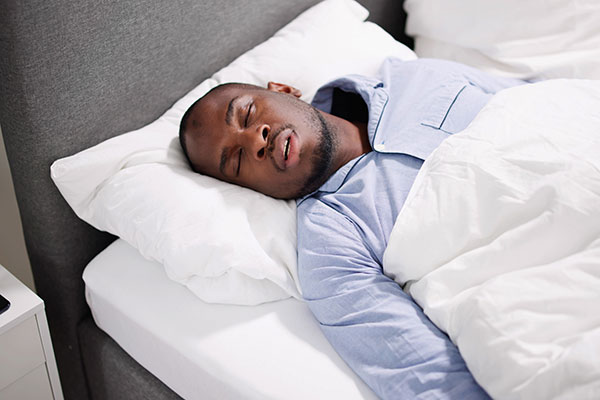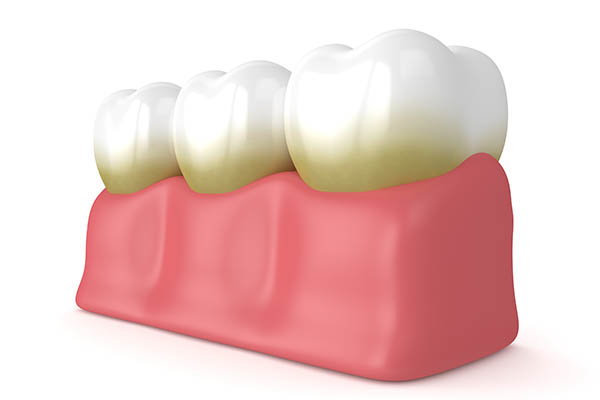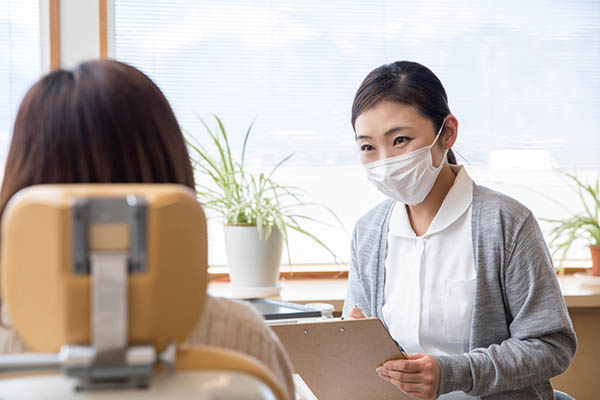What Are the Causes of Sleep Apnea?

Sleep apnea is a fairly common medical condition that affects millions of Americans every day and, in some cases, can have life-threatening side effects. To get the right kind of help for your apnea, it first helps to understand the causes of this sleep condition, what the different causes mean for treatment, and how you may be able to find treatment as easily as going to your local dentist and having them prescribe you the right kind of dental appliance.
What is sleep apnea?
Before we talk about the causes, we first would like to describe what the condition is and how it affects people as they try to sleep.
As the name suggests, this condition is a sleep disorder. Unlike other disorders that cause people to behave in certain ways, such as night terrors, sleepwalking, or sleep talking, this condition affects how a person respirates while sleeping. Without enough oxygen, a person can suffer severe side effects and consequences. Depending on the specific type of apnea, the reason for the disruption in breathing changes, and that also changes how the condition is treated.
Types of apnea disorders
There are currently three types of apnea disorders that a person can suffer from. To understand the proper treatment, it is necessary to know what type you have and how it affects the body.
Obstructive apnea
Obstructive is the most common type of apnea and the one that most people with the condition suffer from. In the case of obstructive apnea, the airway becomes closed off due to the position of the jaw and throat while a person attempts to sleep. The body is sometimes unable to remove this obstruction and get normal airflow, which leads to apnea symptoms like sleep deprivation, migraines, brain fog, and other symptoms.
This type of condition can be treated by several means, including forcing air into the patient and realigning the airway for improved airflow.
Central apnea
Central apnea is a brain disorder in which a signal from the brain that tells the body to breathe intermittently interrupts. When this happens, a person quite literally forgets to stop breathing. Because of the nature of this apnea, the only treatment is using a sleep machine that forces air into the patient’s body, keeping their body oxygenated.
Complex apnea
Complex apnea is a combination of both obstructive and central apnea. The patient may stop breathing due to airway obstruction and may also have trouble with brain signals, causing them to stop breathing intermittently. In most cases, a breathing machine is also used to treat this form of apnea.
How a dentist can help with obstructive sleep apnea
If you have obstructive apnea, which, as we said, is the most common form of the condition, there is a good chance that you can avoid the sleep clinics and the bulky breathing machines and instead head straight to the dentist.
If you have already been diagnosed with obstructive apnea, the dentist can prescribe you a custom-made mouthguard to wear while you sleep. The purpose of this mouthguard is to move the jaw forward, thereby repositioning the throat to relieve the obstruction and provide better airflow. While it will not completely cure the apnea, it can vastly reduce episodes and symptoms.
While getting treatment at a sleep clinic or from a sleep specialist is possible, those options lead to a sleep machine worn while a person sleeps. Many patients find this option too invasive and restrictive, with not enough benefits to warrant the inconvenience. For this reason, most patients prefer the mouth guard option provided by their dentist.
Understanding more about sleep apnea
As you can see, this type of sleep disorder is a serious condition that can affect a person’s quality of life and may even cause serious side effects and symptoms. If you have an obstructive form of apnea, it is possible to get some relief from your local dentist thanks to a specially-made mouthguard. The other option is to use a sleep machine that attaches to the face, and forces air into the body. The benefits for each option are about the same as patients will experience a reduction in symptoms and improved quality of sleep from both a mouthguard and a sleep machine.
Because of how easy it is to sleep with a mouthguard compared to a sleep machine, most patients prefer the mouthguard option. If this sounds like the right option for you, visit your dentist today and ask about a mouthguard for sleep disorders.
Request an appointment here: https://www.gardendentalartsny.com or call Garden Dental Arts at (718) 416-6367 for an appointment in our Brooklyn office.
Check out what others are saying about our dental services on Yelp: Do I Have Sleep Apnea in Brooklyn, NY.
Recent Posts
Sleep apnea is a potentially serious condition in which your breathing starts and stops repeatedly during sleep. It is fairly common and fortunately, it is also treatable. If you think you are dealing with sleep apnea, it is important to obtain a diagnosis and get treatment so you can avoid severe side effects of the…
Fixing a broken tooth right away is important. This dental damage may seem like nothing more than a cosmetic problem, but it can lead to terrible consequences. Seeing a dentist sooner rather than later can provide immediate relief. If you want to find out the treatments for a broken tooth and its complications, here are…
Full mouth dental x-rays are a very important part of a routine visit to your dentist. We all know that visiting our dentist regularly will keep your oral health in the best shape possible. When you go to your dentist, they will clean and examine your mouth in its entirety. To have your entire mouth examined…
If you have not had a dental check-up in a long time, you might not know what to expect. Read on to discover what happens during a dental check-up. Oral health is important, not just for your mouth, but for your overall wellbeing, too.When patients get to the dental office, they have their complete health…


